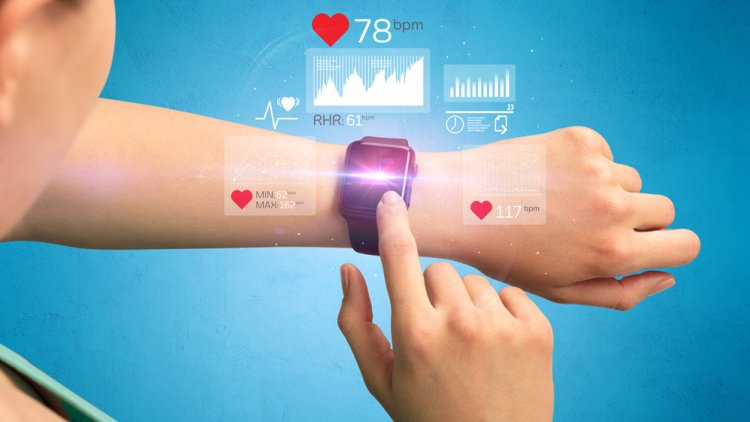The Rise of Artificial Intelligence in Everyday Life
Discover how artificial intelligence is revolutionizing daily life, from smart homes to healthcare, and what the future holds for AI integration.

Introduction
Artificial Intelligence (AI) is no longer a futuristic concept confined to science fiction. In 2024, AI has seamlessly integrated into many aspects of our everyday lives. From voice-activated smart assistants to advanced healthcare diagnostics, AI is transforming the way we live, work, and interact with the world around us. As the technology continues to evolve, its impact will only grow. This blog explores how AI is making everyday tasks more efficient and what lies ahead for this groundbreaking innovation.
AI in the Home
One of the most noticeable ways AI has infiltrated daily life is through smart home technology. Devices like Amazon's Alexa, Google Assistant, and Apple's Siri have become household staples. These AI-driven systems allow us to control lights, thermostats, security systems, and even appliances with just our voice or smartphone. AI learns our preferences over time, making suggestions, and automating tasks that were once manual, such as setting reminders or managing shopping lists.
Example: Smart thermostats can now predict your heating and cooling needs based on your past usage, weather forecasts, and real-time sensor data.
AI in Healthcare
The healthcare industry is witnessing a revolution, thanks to AI-powered tools. From diagnostics to treatment, AI algorithms can analyze vast amounts of data quickly and accurately, helping doctors make better decisions. Wearable devices like smartwatches monitor heart rates, oxygen levels, and even detect irregularities that might signal a health issue. AI-driven apps offer personalized fitness and diet plans tailored to each individual's health goals.
Example: Google's DeepMind AI is being used to identify eye diseases from retinal scans with an accuracy level that rivals human experts.
AI in Transportation
Self-driving cars have garnered much attention, but AI's role in transportation extends beyond autonomous vehicles. AI-powered navigation systems help drivers avoid traffic, find the best routes, and even improve fuel efficiency. Ride-hailing services like Uber and Lyft use AI algorithms to match drivers with passengers based on location and demand, optimizing efficiency and reducing wait times.
Example: Tesla's autopilot system uses AI to detect objects on the road, predict potential hazards, and assist drivers in maintaining control.
AI in Entertainment and Media
AI has changed how we consume entertainment and news. Streaming platforms like Netflix, YouTube, and Spotify use AI algorithms to recommend content based on user preferences. By analyzing your viewing or listening habits, AI can predict the shows, movies, or songs you might enjoy. Similarly, social media platforms use AI to curate personalized feeds, displaying posts and ads that align with your interests.
Example: Netflix's recommendation engine is responsible for more than 80% of the content watched on the platform.
AI in Business and Finance
In the business world, AI is driving innovation across industries. From automating customer service with chatbots to streamlining supply chain operations, AI is helping companies reduce costs and improve efficiency. In finance, AI algorithms assist with fraud detection, investment analysis, and even credit scoring.
Example: Many banks now use AI-driven chatbots to provide 24/7 customer service, handling routine inquiries and transactions.
The Future of AI
As AI continues to evolve, its applications will only become more diverse and powerful. In the near future, we can expect AI to play a significant role in personalized medicine, advanced robotics, and environmental sustainability. However, these advancements also raise ethical concerns, such as privacy, job displacement, and the potential misuse of AI technologies.
Conclusion
Artificial intelligence is revolutionizing the way we live and interact with the world around us. As AI technology becomes more sophisticated, it will continue to shape our future in ways we can only imagine today. Whether it's making our homes smarter, our healthcare more efficient, or our commutes easier, AI is here to stay—and it’s just the beginning.
What's Your Reaction?


















